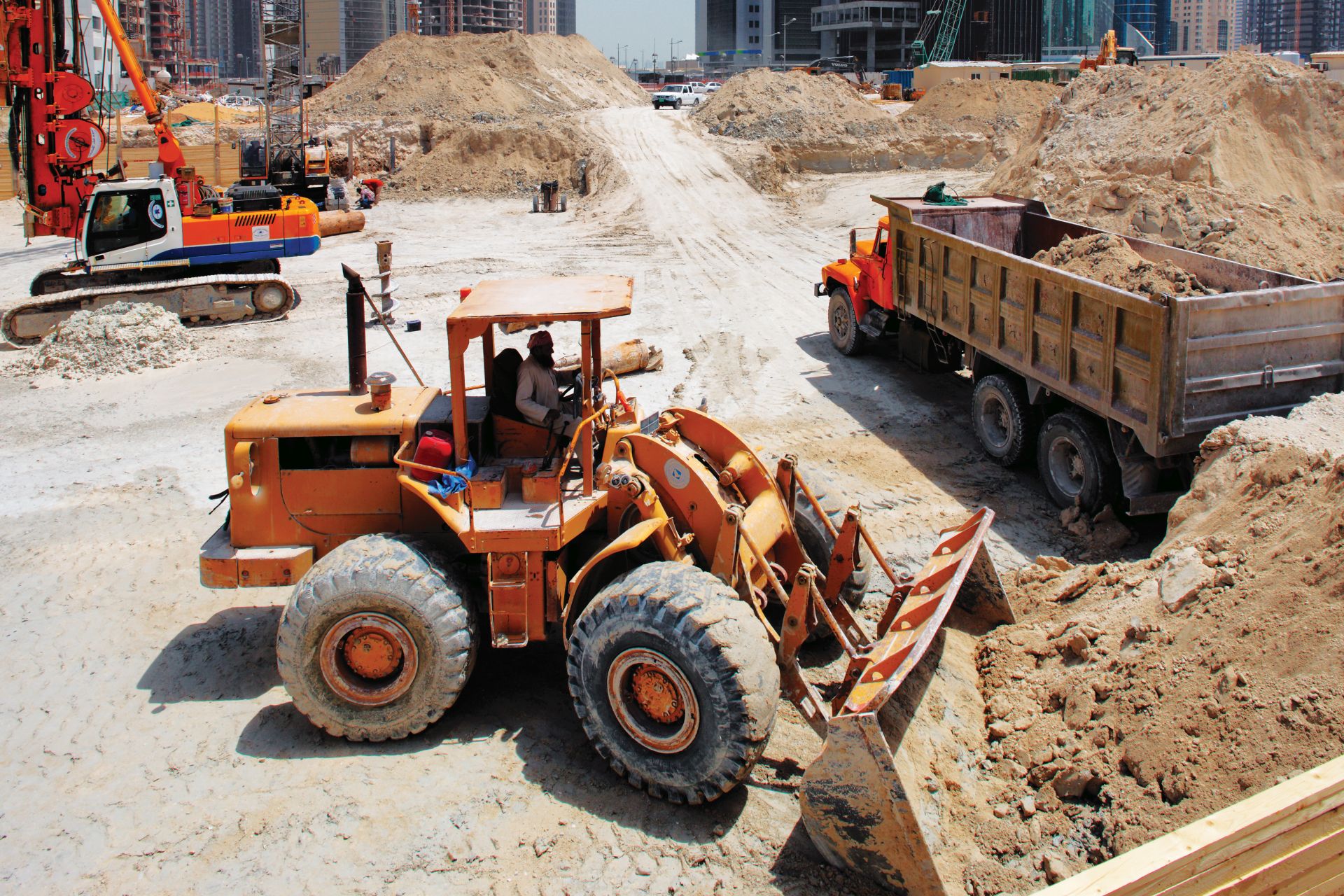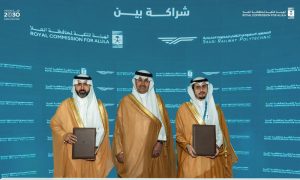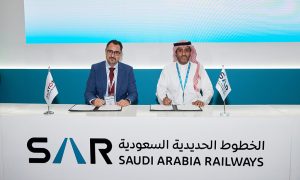Kit for uncertain times
Shift in purchasing patterns due to business uncertainty

While markets in the GCC have mainly recovered from the GFC downturn, there are still many areas where it remains problematic for contractors.
Competition for contracts means that clients are able to beat down prices, and profit margins are slim. Prices of raw material are high, and in some markets – such as Qatar – project speeds and payments can be slow. Factor in the political uncertainty that characterises some of the major markets further afield, and there’s plenty of reasons why contractors aren’t yet comfortable placing too many bets on the long-term health of the industry.
Of course there are some exceptions – successful companies abound in all markets, and by any indication there’s a solid pipeline of works to be completed in KSA, Dubai and Abu Dhabi – but the general rule is that many companies are risk-averse.
And when it comes to the impact on purchasing machinery, the influence of market uncertainty can push buyers towards either rentals, or equipment with a lower up-front cost, especially in the SME sector where smaller contractors may be struggling to get established. From a seller point of view, it’s all about convincing customers that your machines are the cheapest to own and operate, but in the case of the premium segment, low ownership and operating costs only appear when a machine is used efficiently and productively across a number of years and projects (assuming it isn’t sold with high residual value at the end of a specific project or time frame). It may take three to five years to see a profitable return on a premium machine, or even longer in the case of batching plants that are intended to operate for longer than a decade. And when business is uncertain or payments aren’t regular, it’s understandable that contractors may look for machines that can be amortised faster.
But while this area of the market has traditionally been the preserve of a certain group of value brands, typically Chinese brands, it’s now receiving greater attention from established players in the field.
Last month Caterpillar announced a new machine family, the GC, with its first GC machine for the Middle East, the 950 GC wheel loader, now on sale here (see ‘Featured Machine’, page 60). There’s already two GC excavator models on sale in China, but the developers of the 950 GC say there’s likely to be further expansion of the model family, as they react to the market demands.
Frank Stadelmann, a global product specialist for medium wheel loaders at Caterpillar, says that there’s been a recognisable shift in the value drivers in developing markets, with customers who are more risk-adverse, as well as newer customers who are looking to pay off their machinery quicker.
There’s also a recognised segment of customers who want a support machine, where a fully-specced perfomance model may seem over-engineered for the required application.
“It’s just a matter of analysing the market and seeing the shift. We will not stand still,” says Stadelmann, indicating that Caterpillar are ready to launch further machines into the value segment where they believe that the market demands warrant it. Suggestions included a new wheel loader in a different payload class, or a machine such as a compactor, though Stadelmann wasn’t prepared to confirm anything specific.
Last year equipment giant FAMCO announced the creation of a subsidiary, Pacific Machinery, with a stable of brands catering to the value segment of the market. This includes the earthmoving manufacturer SDLG, owned by Volvo, Eicher Trucks and Buses (also owned by Volvo), and Montabert’s Blue Line.
Speaking at the launch, managing director Paul Floyd said that the equipment seller was reaching out to customers and applications where demand differed from FAMCO’s product line up of “premium vehicles and machines with market leading technology”.
“The launch of this new business really creates a clear distinction in the way we want to reach out to the market; to different types of customers and applications,” said Floyd.
Choosing the right machine for a customer is not just about capabilities and performance, but how quickly the machine can pay for itself and amortise the cost.
“Pacific Machinery will be about simple technology products, low-cost products but nevertheless reliable products. There is certainly a segment of the market that this is reaching out to. Through Pacific Machinery we aim to offer a real value option, particularly to very price-conscious customers.”
Where FAMCO has an advantage of new entrants into the market is in its existing distribution network and infrastructure – both the physical dealerships, as well as back-office systems and train staff.
New machinery sellers in the Middle East encounter the problem of ‘Greenfield expansion’, having to invest heavily in a spare parts hub and in dealer training, if they are to provide effective aftersales support to their products (a route that the major Chinese construction equipment manufacturers have taken).
Floyd underlined that it was the intent with Pacific Machinery to provide parts and service support for the machines and vehicles they sell at a level above the market norms in the segment.
“We want to exceed expectations. They won’t be the only low-cost products in the market but we believe they will be the best low-cost products in the market.”
Examples of premium manufacturers tailoring products to meet the demands of the value segment aren’t limited to earthmoving equipment. Bauer Machinery offers a range of trenching machines less sophisticated than their normal lines, designed to compete with Chinese competitors in the domestic Chinese market, and most producers have machinery specifically designed to be attractive in the Chinese market.






















